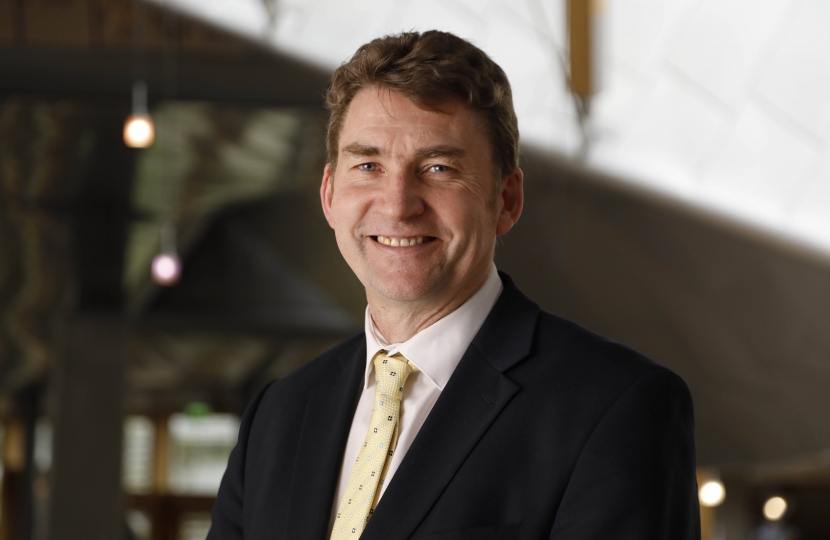
Brian Whittle MSP joined his fellow Scottish Conservatives in voting against the Scottish Government’s new transport bill. After SNP and Green MSPs teamed up to block amendments that would have meant more money for active travel, as well as getting rid of the proposed car park tax, that will hit commuters who park at work, the Scottish Tories chose to vote against passing the bill into law.
Currently, any council imposing the car park tax only has to exempt hospitals, hospices, GP surgeries and blue badge holders from the levy. As the Transport Bill has moved through its legislative process, Brian and other MSPs had tried repeatedly to secure exemptions for the emergency services, HM Coastguard, the RNLI, night shift workers and a host of other vital services, but were blocked time and again.
South Scotland MSP Brian had also tried to increase support for walking and cycling by requiring local authorities to use funds raised from low emissions zones for active travel schemes. These amendments were also blocked when the Greens and Liberal Democrats backed the Scottish Government.
Brian Whittle MSP said:
“There are many things in the Transport Bill that we support, but there’s no way we could support it as long as it contained the Car Park Tax. It doesn’t matter how much the SNP dress it up as giving power to councils. This regressive tax will hit the lowest paid hardest, particularly in rural areas like Ayrshire, where public transport isn’t always an option.
It’s obvious that the SNP will do whatever it takes to keep the Greens happy, even if that means hardworking Scots pay the price.
I’m disappointed that the Greens joined with the SNP to vote against making sure that money raised from low emissions zones is spent delivering better infrastructure for alternatives to the car; like cycle paths and walking routes.
The Scottish Government had the chance to deliver a transport bill that could have brought real change. Instead they’ve teamed up with the Greens to pass a defective bill with policies that will hit the lowest paid and no guarantee of funding support for the alternatives that are best for the environment and people’s health.”

